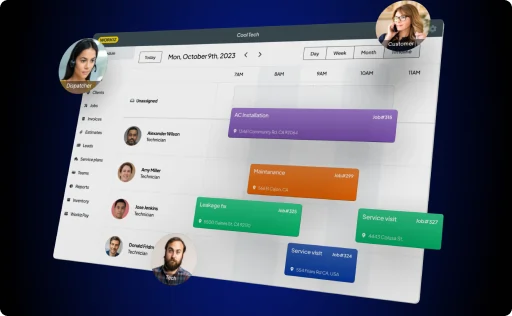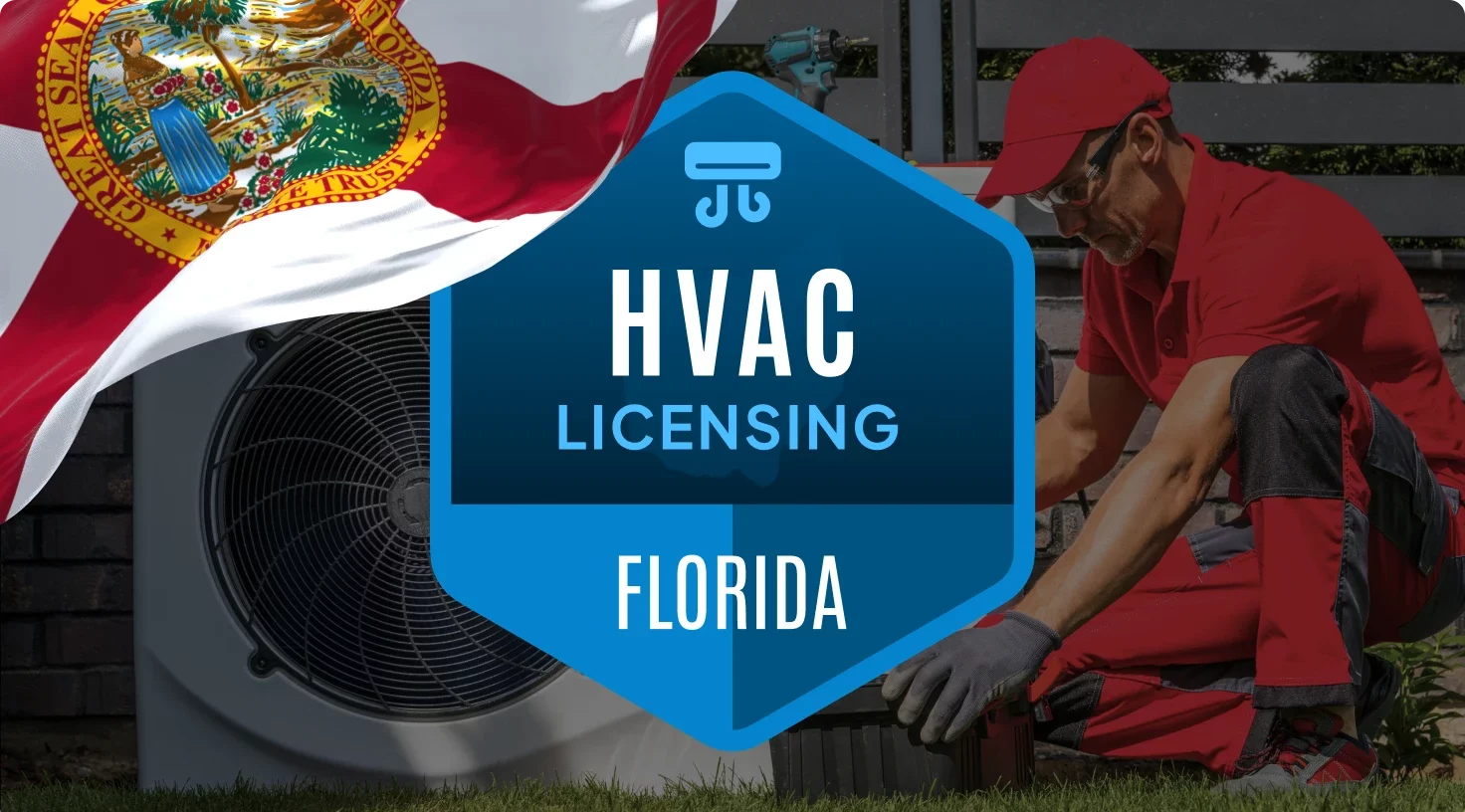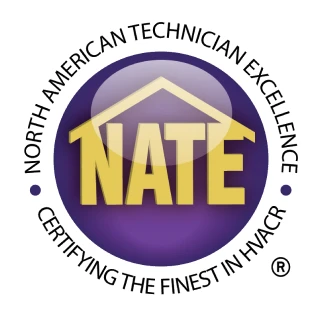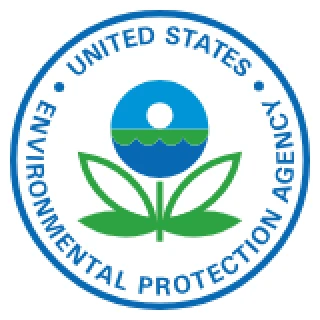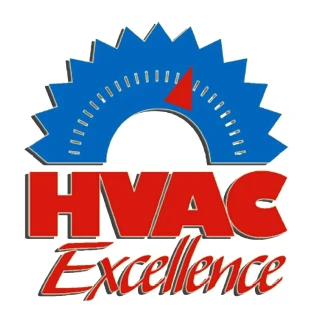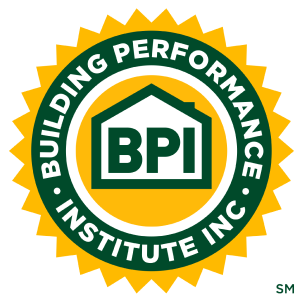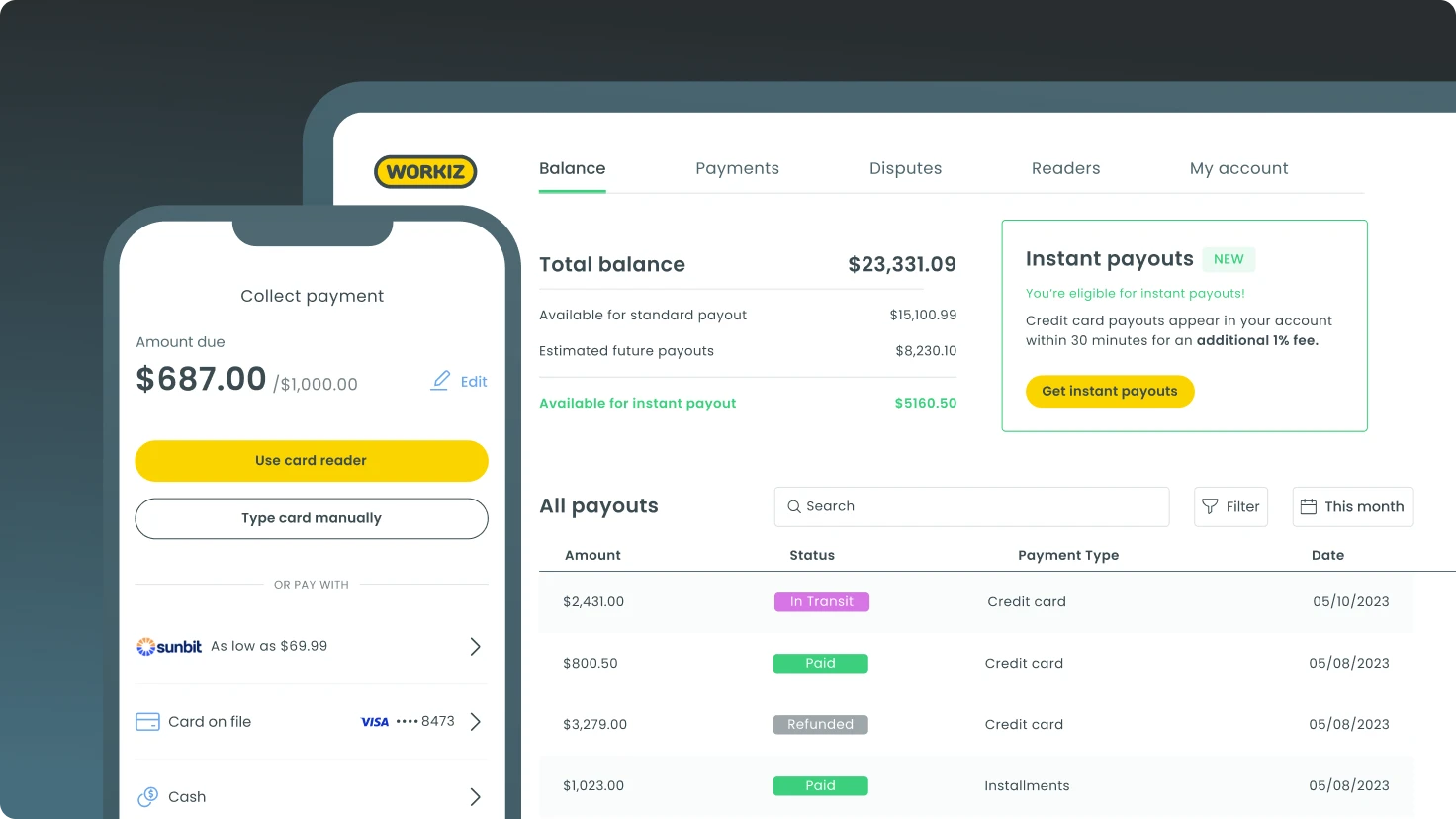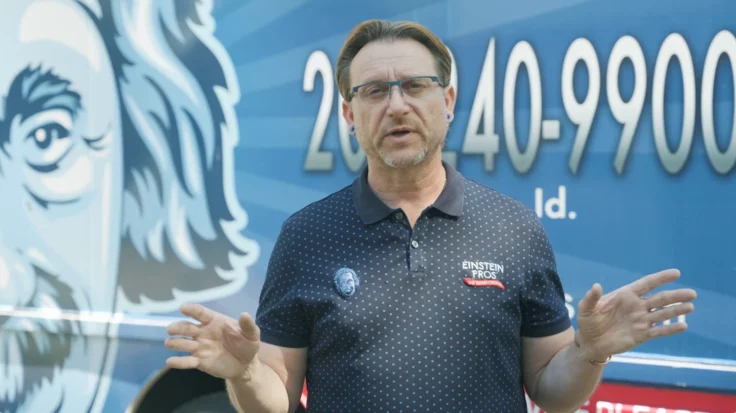Licensing requirements
In Florida, the rules for obtaining a license are fluid. If you want to be an independent HVAC contractor in Florida, you need a permit which would be given to you by the Florida Department of Business and Professional Regulation. However, if you plan to be a technician working under the supervision of an independent, licensed HVAC contractor, then you don’t need a license. But what are the requirements?
Here are a few things you might want to note:
- You need to be at least 18 years old.
- You need a high school diploma or a GED to be eligible for an HVAC license.
- You need to complete a training program. This program can either be at a college or an at-the-job training.
- You’d also need some experience as an HVAC technician (an HVAC company or industry must verify this experience).
- You must pass the state’s licensing assessment.
HVAC certifications
The following are the HVAC certifications in Florida if you wish to boost your chances of employment, professionalism, and work experience.
Nate (North American Technician Excellence) Certification
The NATE is the only certification that is recognized on a nationwide level, so it is a big deal. The reasons for this lie in the series of examinations you must take before getting certified. That way, it is sure that all the candidates with a NATE certification know their job. Also, technicians with the NATE certification are highly esteemed because the certification test requires them to be in real-life work situations. If you can get a NATE certification, you have added the element that will make you stand out from the rest of your peers.
EPA 608 Certification (Environmental Protection Agency)
If you work with or intend to work with refrigerants, this certification is necessary. This comprises refrigerant servicing, maintenance, or even repairing the equipment. But the certification is more complex. There are four types of accreditation depending on the type of refrigerant in question. They are:
- Type I Certification: you should get this certification to repair or install small appliances. Some examples of appliances in this category include window AC units or household refrigerators. Any appliance that has around 5 pounds of refrigerant falls in this category.
- Type II Certification: for this certification, it caters to those that are working with high-pressure systems. Things like heat pumps, packaged terminal air conditioners (PTACs), and equipment like those fall in this category.
- Type III Certification: if you’d be repairing or installing things like chillers, this is the certification you need. It is focused on technicians that repair or service low-pressure systems.
- Universal Certification: as you can already tell, the universal certification is for those that don’t wish to specialize. Get this certification if you’d be working on all the refrigerants mentioned above (and more). It’s the best option for you.
HVAC Excellence Certification
Another certification is the HVAC excellence certification which focuses on the work experience you have gained. If you have no work experience, you might not be able to get this certification and remember that you need notable work experience to get a license. If you already have work experience, then you can consider either of these two HVAC excellence certifications:
- Professional Level HVAC Excellence Certification: to get this certificate, you need at least two years of work experience in HVAC services in Florida. You must also have completed and passed a comprehensive exam on related subjects. Fields on residential heat pumps and ventilation services are better preferred.
- Master Specialist Level HVAC Excellence Certification: here, you need an additional year of experience (3 years) with a certification at the professional level.
BPI Certifications
Suppose you’re an HVAC professional who enjoys working on energy-efficient systems, conducting home energy audits, and weatherization projects. In that case, the Building Performance Institute (BPI) may be just what you need.
BPI offers energy efficiency and building performance certifications, which can be incredibly valuable for your career. While these certifications aren’t exclusive to HVAC, they can help you stand out among your peers.
So, if you’re looking to take your skills to the next level and make a real difference in the world of energy conservation, BPI might be the perfect fit for you. While you better understand the certifications they offer from their website, here is a brief overview of what to expect.
- The Building Science Principles (BSP) caters to those willing to learn the basics of HVAC, insulation, and appliances.
- Healthy Housing Principles (HHP) is for those who wish to learn about a home’s different components and how it affects the occupant’s health.
- Site Supervisor Certificate (SSC) is for those that will learn and take exams on the demonstration of knowledge, skills, and abilities in worksite leadership roles.
- Primary certifications cover either Infiltration and Duct Leakage (IDL), Air Leakage Control Installer (RBE-WHALCI), or Building Analyst Technician (BA-T) knowledge.
- Core certifications that cover AC/Heat Pump Professional (AC), Building Analyst (BA), Envelope Professional (Env, EP), Building Analyst Professional (BA-P), Heating Professional (Heat), and much more.

HVAC licenses in Florida
As mentioned earlier, the Department of Business and Professional Regulation issues HVAC licenses in Florida. Also, those who wish to work exclusively as technicians under a contractor’s supervision don’t need to apply for a permit. You can work without it. However, as a prospective contractor, you must be licensed. There are four different types of HVAC licenses in Florida. They include:
State Certified Class A Florida HVAC License
To work anywhere in Florida, you must obtain the State Certified Class A Florida HVAC License first. This license requires you to meet educational and professional experience requirements, get workers’ compensation, and pass a licensing exam. The exam isn’t free either. It comes with a fee of $355 and an additional $125 fee for certification and renewal. However, once you have this license, you can confidently take on HVAC projects throughout the Sunshine State.
State Certified Class B HVAC License
This license has similar basic requirements to the first one. However, a significant difference exists — Class B limits workers to performing on heating systems with a BTU of 500,000 or lower. The same goes for cooling systems that weigh 20 tons or less. Obtaining this license is also not straightforward.
You must have a four-year degree and one year of work-related experience to obtain the State Certified Class B license. However, you should not worry about the four-year degree requirement if you have four years of active experience or 2,000 hours of service. You’d also need to pay for the exam here, which costs $354.
State Registered Class A Florida HVAC License
Different from the State Certified licenses, the State Registered HVAC license is more restricted, but it is okay. This license enables you to work in areas where local requirements are met, providing more opportunities to grow your HVAC business. But you might not be able to work outside of these areas. To obtain the State Registered Class A Florida HVAC License, you must complete a formal application process and pay a lesser $100 registration fee, with an additional $100 renewal fee.
State Registered Class B HVAC License
Like the third license mentioned above, you also have restrictions on your work. The difference, however, is related to the State Certified Class B certification. The only systems you can work on are cooling systems not exceeding 20 tons and heating systems that are at most 500,000 BTU. To become registered, you must complete a formal application and pay a registration and renewal fee of $100.
Becoming a licensed HVAC professional in Florida
To become a licensed HVAC professional in Florida, here are the specific steps you need to take:
- Be at least 18 years of age.
- Have a high school diploma or GED.
- Register for an accredited HVAC training program that covers essential topics and complete it.
- Gain work experience
- Obtain the certifications mentioned above
- Decide the specific type of HVAC license you need based on your career goals.
- Apply for the license, take the exam, and start your career.
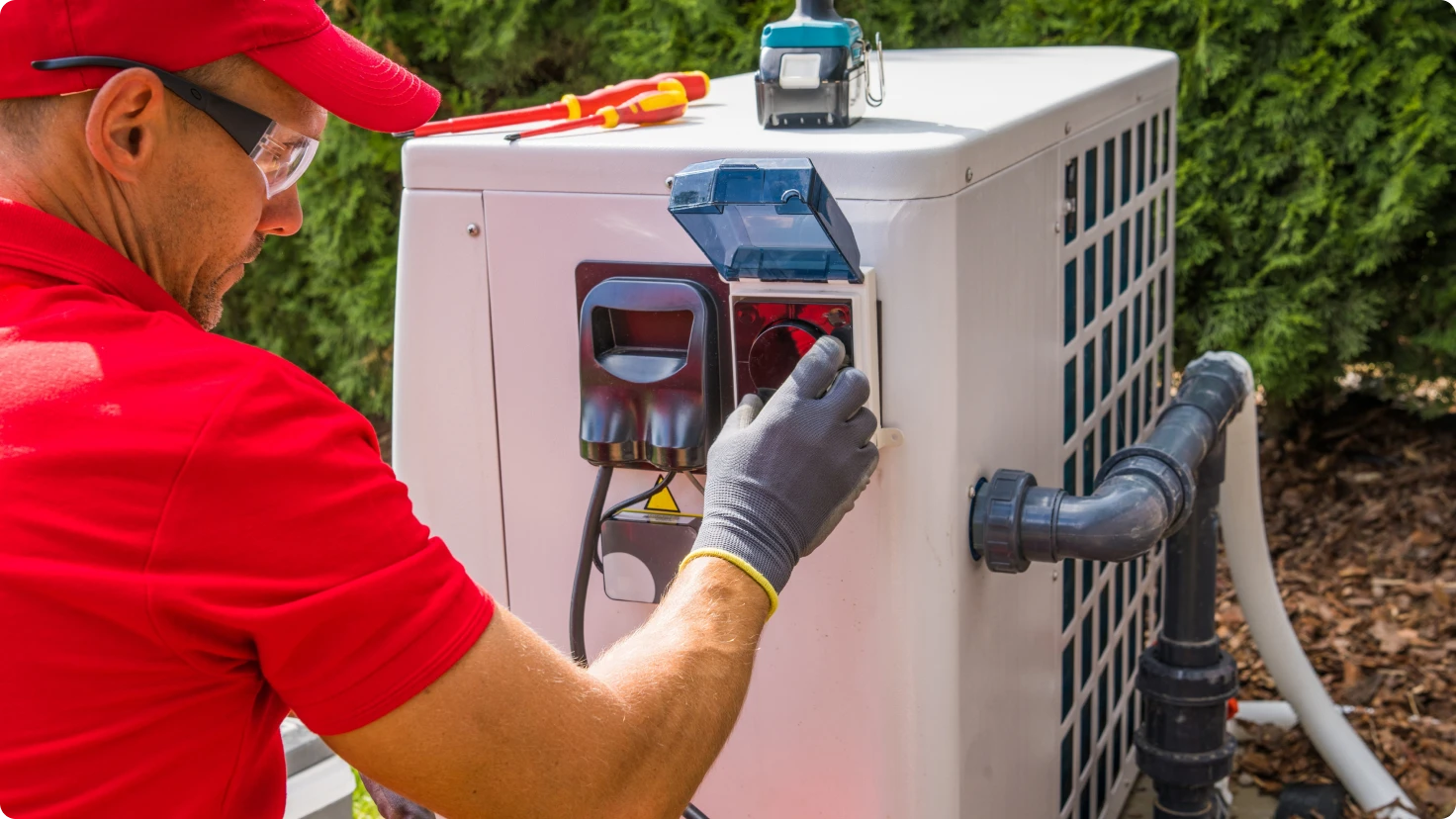
Advantages of HVAC License
Why do you even need to worry too much about getting a license? (Apart from the fact that you will not be punished for not possessing one).
- You can earn more: whether you like it or not, HVAC professionals with licenses typically earn more money than those without licenses. Higher pay rates can be justified by the particular abilities and knowledge acquired through licensure — not to mention the exams and the investment of fees in which higher pay might compensate for their qualifications.
- You’ll be at an advantage always: a HVAC license entitles you to a larger range of employment possibilities. You’ll also be able to land jobs or further your career with more opportunities at the door waiting for you. In short, licensed professionals frequently have an advantage over unlicensed people.
- It increases your credibility: having an HVAC license shows that you are dedicated to acting professionally and competently in the field. It also instills confidence in clients and employers regarding your abilities and knowledge.
- You don’t need a supervisor: unlike technicians, you can work independently. You could even create your own HVAC company with an HVAC license.
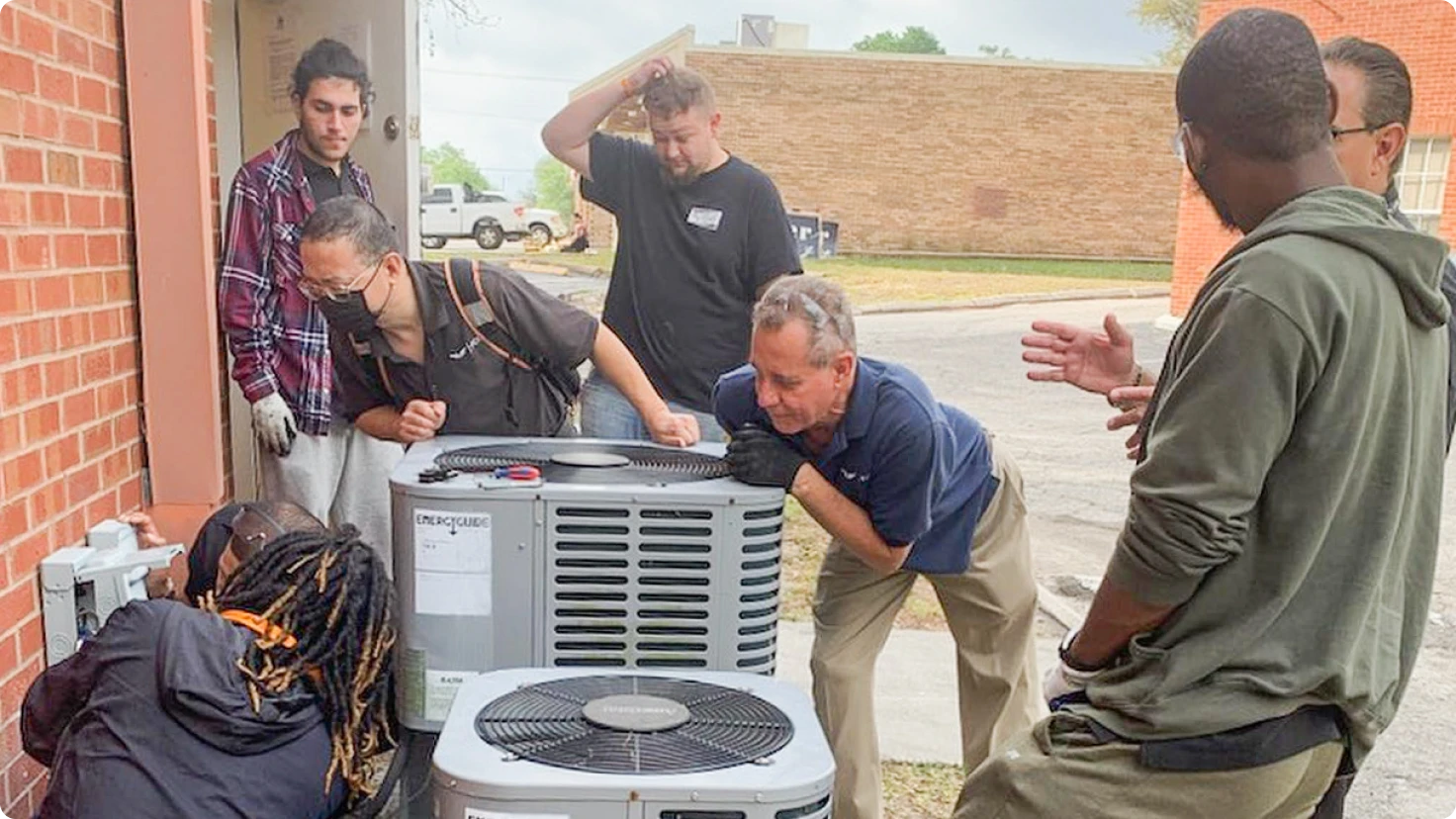
Florida Career College, HVAC students
HVAC schools and training programs in Florida
Ready to kickstart your HVAC career? Here are some accredited HVAC training programs in Florida:
- Florida Career College
- Tulsa Welding School—Jacksonville
- Palm Beach State College
- Traviss Technical College.
- Lively Technical College.
- Suncoast Technical College.
- Suncoast Technical Education Center.
- Withlacoochee Technical College.
- Osceola Technical College.
FAQs about HVAC licensing in Florida
The following are answers to some of the frequently asked questions on the types of HVAC licenses and the HVAC licensing process in Florida.
What certifications are required in Florida for HVAC professionals?
As an HVAC professional, you need to be certified to boost your chances of getting jobs and a license. The following are the certifications you need in Florida as an HVAC professional:
- NATE Certification: this certification is vital nationwide, and it is crucial for those wishing to work outside of Florida and across different states in America.
- Environmental Protection Agency (EPA) 608 Certification: this certification is vital for those that want to work on refrigerants as a specific field of specialization. The EPA 608 certification is divided into four parts depending on the type of equipment you propose to work on. However, the Universal EPA 608 Certification is best if you don’t have any limitations or restrictions on the type of refrigerant equipment you wish to repair, service, or install.
- HVAC Excellence Certification: this certification is for those who want to highlight your work experience, especially if you wish to get a license. There are two types of this certification, but you need at least two years of work experience in Florida as an HVAC technician to get this certification.
- BPI Certification: this type is the best certification for those that love to work on things related to energy efficiency. The certificates under this organization are plentiful, and you should check their website to grasp what certifications you can apply for entirely.
Do you need a license for HVAC in Florida?
HVAC contractors or those who wish to work independently in Florida as HVAC contractors need a license to operate in the state. Those who work as a contractor without a permit would be fined and severely punished by the law of the state. However, you don’t need a license if you are a technician working under an independent contractor.
What do I need to get an HVAC license in Florida?
To get an HVAC license in Florida, you need to have the following things in check:
- A GED or a diploma degree to show that you have completed a basic level of education.
- Proof of completed training from either a college/school teaching the subject. The training can also be from an at-work-training.
- At least two years of working experience to showcase your on-field knowledge.
- Relevant certifications to boost your stand as an HVAC professional.
- You must also be at least 18 years of age.
How long does it take to become a certified HVAC technician in Florida?
The time it takes to be certified depends on you, the training you take, the amount of time you spend studying, and the type of certification you choose. On average, you should spend between 6 months and two years to become a certified technician in Florida. However, note that this is different from your time getting a license.
From the application process until the date of issuance, it should take you about three months to get your HVAC license. Also, note that this time does not include your time to gather the needed work experience. It also needs to have the time you spent getting certifications or other educational requirements.
What are useful tools to use in my HVAC business?
To maintain effective operations in your HVAC business, you must familiarize yourself with the technical know-how and valuable tools you’ll need to get started. The following are the tools many HVAC professionals use in their business:
- Basic hand tools: these tools help alter the tightness or looseness of valves, fasteners, and electrical connections. Some of these tools include wrenches, pliers, or screwdrivers.
- Cutting tools: you also need tools to cut copper while installing or repairing certain appliances. This also includes pipe cutters.
- Flaring tools: in the same way, flaring tools help you to shape any copper tube that you might have cut.
- Pipe threaders: this tool will be useful when threading pipes for connection.
- HVAC diagnostic tools: these tools include the leak detectors, thermometer, manifold gauge set, and a digital multimeter. They are essential when you need to measure certain voltages and temperatures or locate leaks during your repair’s diagnostic stage.
- Refrigerant recovery and recycling equipment: get a refrigerant scale alongside the refrigerant recovery machine.
- HVAC system testing and balancing tools include an air quality monitor, ductwork insulation tester, and airflow meters.
- Personal protective equipment such as gloves or safety goggles to keep you safe while at work.
- Gas and carbon monoxide detectors: this tool is essential for early leak detection to ensure safety.
- Software tools: you would also need tech tools such as HVAC Estimating and Quoting Software, Customer Relationship Management (CRM) Software, and HVAC System Design Software. These software tools will set your business apart from the others and give you a competitive edge.
Among all the software tools, you need field management software to help you schedule your business activities. You also need this software to manage your payment administration, job management, client contact, and tracking. Workiz offers good field management software, and it is excellent for HVAC professionals at every point of their employment because it has many extra essential features than most other offers.
